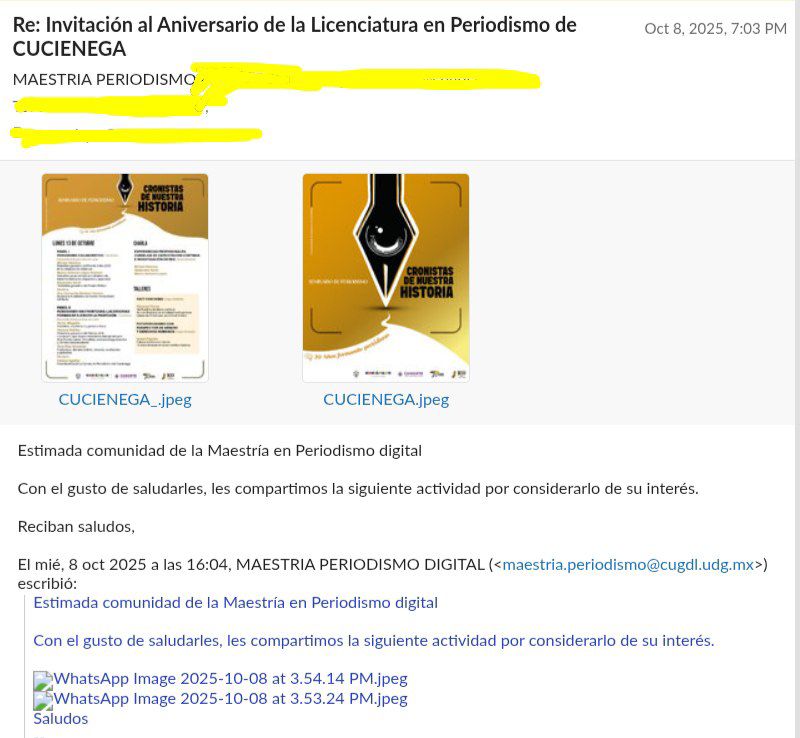Technology Without Intelligence: The New Age of Incompetence
![]() By Max Benneth
By Max Benneth
There’s something nobody seems to talk about: the generations that grew up during the digital boom — Millennials and Gen Z — are now the ones running the world. They hold most of the jobs in offices, universities, schools, corporations, and government institutions. And yet, everywhere you go — every form you fill out, every service you request, every store, every classroom, every office — you find the same thing: a strange mix of entitlement, detachment, and sheer incompetence. It’s as if the modern world has become allergic to doing things right.
Yes, there has been technological progress. But we are relying on tools like artificial intelligence when we barely have enough natural intelligence left to use them properly.
This isn’t just frustration talking; there are studies showing that global IQ averages have been declining. But the real proof isn’t in the numbers — it’s in everyday life.
There’s no better way to explain what’s going on without going into details and examples, so here are some:
You order food for delivery, clearly writing your address and house number, yet the driver repeatedly leaves it at a different house altogether — one with a completely different number. You go to a supermarket, and a young employee packs your groceries into paper bags, placing frozen items on top of fragile produce or liquids that melt and leak, soaking through and tearing the bag. The solution was to place it in a plastic bag which is found in the produce section. It’s basic logic — and it’s gone.
You walk into a Home Depot and ask a floor employee if they sell water dispensers. Without hesitation, he says no — only for another customer standing nearby to interrupt and tell you he just saw them in the back. The employee lied rather than take a few steps to check or ask a manager.
And then there’s government. In Mexico, the Secretariat of Public Education (SEP) has taken more than eight months to process a professional license (cédula profesional). The documents were correctly submitted and confirmed as received, yet the system “stuck” the email in limbo — supposedly because of artificial intelligence filters. Let’s take a pause and email and artificial intelligence shouldn’t the email be removed when using higher technology like perhaps you can submit your documents on a online form that gives you a confirmation of receipt? Even after several calls, the response was pure absurdity: first they said the payment shouldn’t have been attached, then that it was not te payment receip (pdf) but their new AI system. It took five calls before one employee finally verified the email manually and sent it to the correct department– the same employee where month before confirm that the email had arrived and everything was in order. This time he had to intraven again, only then was it processed. Bureaucracy has now automated its own stupidity.
It’s the same story in education. In the U.S., you’re hired as a teacher and told to use a textbook that has never been provided to create your lesson plans. Two months pass, and the book still isn’t there. You call the publisher to solve it, and instead of gratitude, the school president calls you to say, “Don’t do that — I’ll handle it.” Later, the publisher confirms that she never placed the order at all. She lied — not out of confusion, but out of negligence. Lying has become the easiest way to mask incompetence.
And perhaps the most absurd example comes from academia itself. At the University of Guadalajara’s Master’s in Journalism program, the person in charge of communications sent an invitation to a journalism seminar — but forgot to include the date, time, location, or registration link. Then, in a second attempt to “fix” the mistake, they sent the same announcement again — only this time as a screenshot of what looked like a PDF. The image showed the workshop descriptions and, at the bottom, a hyperlink — inside the picture! Completely useless, since you can’t click on a link inside an image.
See email:

How does someone in charge of a graduate journalism program not understand something so basic? Is it incompetence, or have people become so detached from reality that they operate on autopilot — like machines mimicking logic but without awareness?
Even in China, the so-called frontier of technological advancement, stupidity has found a way to thrive. The other day, I heard a Mexican YouTuber living there explain how anyone can supposedly enroll for free Chinese language courses at Tsinghua University — the same university where the country’s president, Xi Jinping, graduated. The website is in English and looks legitimate, but once you try to register, it redirects you to download an app — available on Google Play and Apple Store. So far, so good. But when you open the app to create an account, it asks for your WeChat credentials — the national digital ID and payment app used in China, which of course doesn’t exist in America or most other countries. So even the most technologically sophisticated nation in the world has managed to design “digital inclusion” that literally excludes the rest of the planet. It’s a reminder that stupidity isn’t local — it’s global, and now fully digitized.
The problem isn’t technology. It’s the absence of critical thought, responsibility, and follow-through. We live surrounded by screens, but detached from thinking. Many confuse using with understanding, copying with creating, reacting with reasoning. They believe that mastering a device equals mastering knowledge.
More than a decade ago, the media glorified this mindset, calling it “the most intelligent generation” simply because they could use computers and the internet. They believed it — and the myth stuck. But reality has exposed the truth: they can operate devices, yes, but not with intelligence.
Artificial intelligence is useless when natural intelligence is missing. The problem isn’t progress itself — it’s the people who don’t know how to use it. And as long as we keep replacing logic with appearances, efficiency with shortcuts, and truth with convenience, our greatest downfall won’t be technological. It will be human.
Related video:
___________________
Read other related article:






